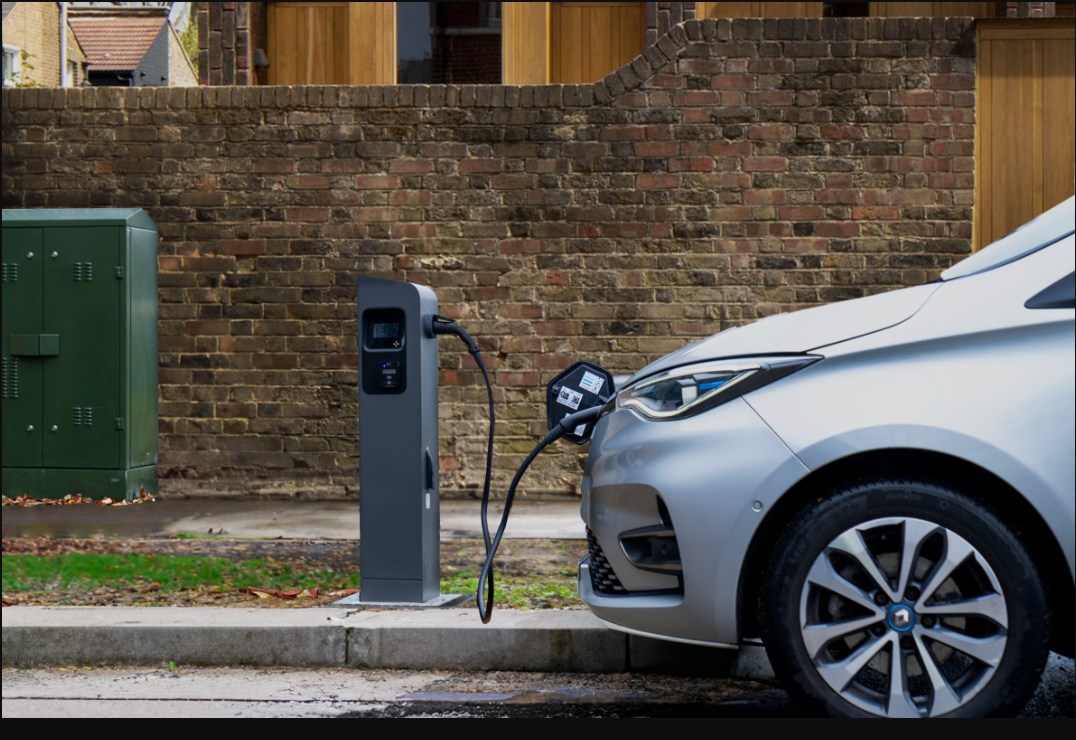
Photo: BT group
UK pilot sees old street cabinets transformed into EV chargers
10 January 2024
by Christopher Carey
UK telco BT Group has announced the launch of the first pilot to turn old metal street cabinets traditionally used to store broadband and phone cabling into electric vehicle (EV) charging points.
The firm says many cabinets are coming towards the end of their lifespan, and could be better used to boost charging infrastructure.
The first converted cabinet will be installed in Scotland within weeks and the company says that up to 60,000 could be converted to help tackle a shortfall in EV chargers.
“Our new charging solution is a huge step in bringing EV charging kerbside and exploring how we can address key barriers customers are currently facing,” said Tom Guy, Managing Director of BT’s start-up arm Etc.
“Working closely with local councils in Scotland and more widely across the UK, we are at a critical stage of our journey in tackling a very real customer problem that sits at the heart of our wider purpose to connect for good.”
The pilot is expected to be the first of approximately 600 retrofits which will be rolled out over the next 18 months.
How it works
The charging solution works by retrofitting the cabinets with a device that enables renewable energy to be shared to a charge point alongside the existing broadband service with no need to create a new power connection.
EV charging can be deployed to cabinets that are in use for current copper broadband services, or in those due for retirement, depending on the space and power available to the unit.
Once the cabinet is no longer needed for broadband, as nationwide full fibre rollout progresses, the broadband equipment is recycled, and additional EV charge points can be added.
Through the trials, the company will explore a range of different technical, commercial and operational areas, including cabinet location, power availability, customer accessibility, customer experience, and engineering considerations, as well as engagement with local councils.
It will also look at public funding options, private investment, partnership, and wider financial modelling and gather evidence on whether the initiative would run as a dedicated BT Group venture or in partnership with others.
Lack of infrastructure
In 2022, the UK government set a target to have 300,000 public chargers by 2030.
According to data collected by EV charging app Zapmap, there were 53,029 EV charging points across the country as of November 2023.
Research by BT in December 2023 found that 60 percent of petrol and diesel drivers surveyed thought the UK’s EV charging infrastructure was inadequate, while 78 percent said not being able to charge an electric vehicle conveniently was a barrier to purchasing one.
In September 2023, UK Prime Minister Rishi Sunak announced that the proposed ban on the sale of new petrol and diesel cars would be pushed back from 2030 to 2035.
Image: BT Group







